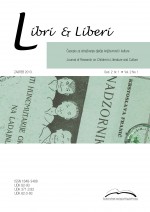
The Second Days of Vesna Parun
Drugi Dani Vesne Parun
A report on The Second Days of Vesna Parun held in Šolta, Croatia, April 2013.
More...
A report on The Second Days of Vesna Parun held in Šolta, Croatia, April 2013.
More...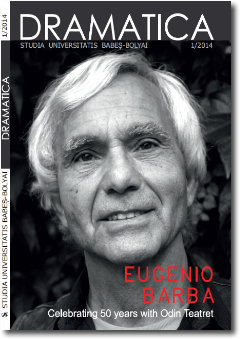
To burn houses Eugenio Barba, On Directing and Dramaturgy. Burning the House De Grotowski à Barba, un chemin initiatique (ou qui est le Maître et qui le Disciple ?) Theatrical autobiographies Unfolding of the Human Pierres d’eau, ou À la recherche des vérités mouvantes du théâtre
More...Keywords: current anthroponomy; double and triple family names; structure; frequency
The current image of our surnames is the consequence of the action of a long series of events and factors that have contributed, in past centuries, to the idea of setting family name, and then to fix the family name itself, in graphic form transmitted through generations through acts of civil status. Over time, for various reasons, in the denomination have appeared the double and triple names. This is what we analyze in this article.
More...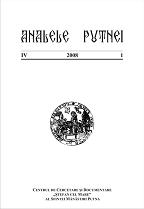
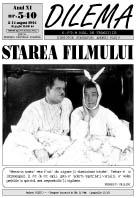
Keywords: Platon Lebedev; Mihail Hodorovski; Russian oligarchy; Yukos Sibneft;
Magdalena Boiangiu writes about some recent event that took place in Russia. In July, Platon Lebedev, representativ of Iukos, was arrested. The journalist suggests that he is just the step before Mihail Hodorovski, the leader of the company and number 26 in Forbes list.
More...Keywords: Romanian circular migration; educational provisions; pedagogical responses
The study reviews interdisciplinary research on migration within the European context, with a clear focus on educational issues associated. Romanian migration in the last decades is presented with facts and figures appearing in the latest sociological analyses, and its particular features are pointed, through the lenses of new approaches on international migration processes. The central concepts discussed are circular migration and transnationalism, and the authors suggest that Romanian migration meets all descriptors of the previously mentioned migration types. Beyond arguing for a certain approach of Romanian current migration, the study introduces both emerging educational challenges and pedagogical models, the latest developed especially at local and institutional level. Although educational implications of migration processes are acknowledged in the research community, there is a lack of empirical data illustrating the current state of Romanian children with a migration background. Moreover, European educational research also suffers in this regard, as circular migration is a dynamic process and its effects on educational systems is still to be assessed. Available research data are discussed, as well as arousing educational reflection, action and investigation.
More...Keywords: globalization; global village; axiological education; moral values; intercultural curriculum; ethnicity; diversity; homogeneity; empathy; conscience
The crisis of values in today’s omni-mercantilized world could be solved by changing the axiological reference specific to our times. The dynamics of the contemporary systems is attained through diversity and not through homogeneity, which is impossible for the two thousand existing peoples and the five thousand ethnicities, each with its specific or resembling traditions. That is why what is needed is education through and for cultural diversity. The philosophy of diversity in action pleads for openness, empathy and the communication of the values of each culture through programs focused on contents (intercultural curriculum) that are centered socially (on the leveling of chances of success) and on the student, who needs to be educated in the spirit of perceiving his/her own future situation. The idea that we intend to advance refers to the fact that the focus shift of the paideic act onto the spiritual potential of the human being may lead to the assuming of the axiological autonomy, which can undoubtedly constitute the vector of our spiritual freedom. We consider that the construction of an axiological conscience, defined by the need of doubling the human existence by culture and faith and objectified through a morally superior attitude and behavior, seems to be a primary objective of our times. Thus, in globalization, the moral values and not the economic or political ones must be primordial. Above the national interests and the cultural differences among the states, what is needed is a universal ethics which should contain a number of consensual values agreed upon by the whole humanity and by the community of states, respectively.
More...
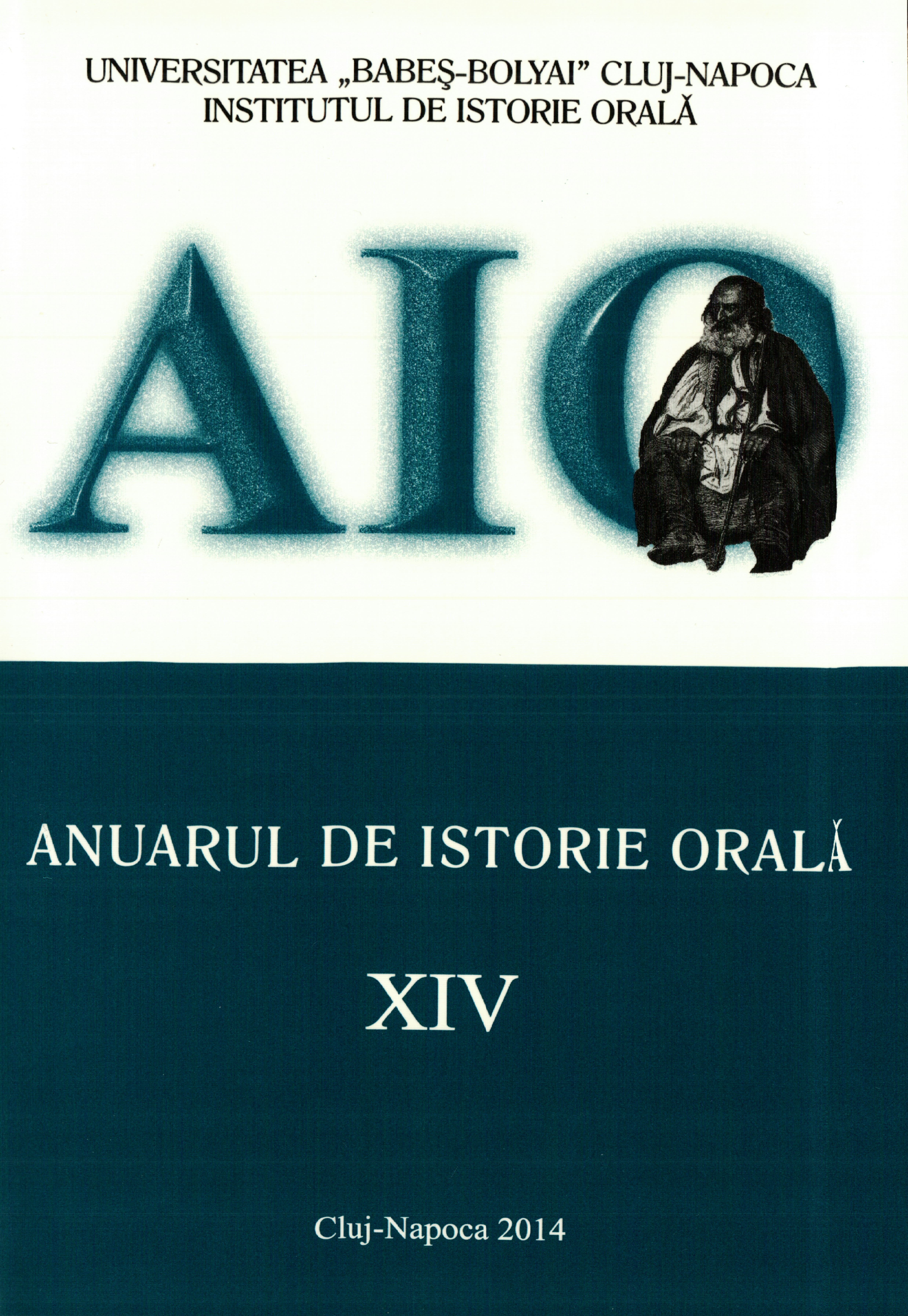
Keywords: local history;oral history;Jewish memory;Saxons;
The essay is the result of an oral history research and aims to present the town Reghin and its nearby villages by illustrating some life stories, lived by ordinary people who realize today that their memories are part of the history. The Second World War meant for Reghin and its neighboring villages: Hungarian administration, German troops, Russian troops, damages, evictions,population displacements, refuge and emigration. Population movements were caused by the war and had been an immediate result of the events which took place in the entire area of the today’s Mureş county. Most of the Romanian population living here fled to refuge in woodland and isolated places; a lot of Hungarians fled to Hungary; the Jews were evacuated and stationed in Nazi concentration camps; most of the Saxons went, willingly or imposed, with the German troops in 1944; the so called „poor people of the plains” occupied the abandoned homes of Saxons; a lot of Saxons returned after a while in their native villages – all this facts are mutations which took place during the 1940's in this geographic area.
More...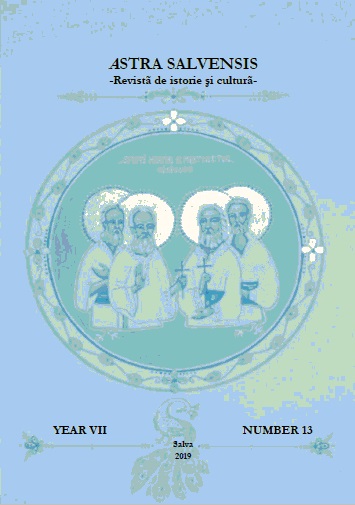
Keywords: memoirs; Romanian legion; Prague; soldier; officer;
The Romanian Legion from Prague, founded on the 30th of October, 1918, on the background of the collapse of the Austro-Hungarian army and monarchy, was an organism that brought its contribution to supporting the actions coordinated by the Czech national-political militants, as well as to organizing the Romanian soldiers and officers of the Second Regiment Braşov, the 51st Cluj and the 37th Oradea, quartered in the Bohemian capital. Through the present study with the aim of providing the academic comunity with research material and not only with a series of fragments scored in the autumn and winter of the year 1918, especially in Prague, where a legion consisting of the former Romanian soldiers and officers of the Austro-Hungarian army was born, we analyze and restore three annotations of memoirs written by Gavril Câmpeanu, Gheorghe Repede and Horia-Petra Petrescu (members of the Romanian Legion from Prague), less known authors of memoirs. From our point of view, the three fragments of memoirs represent essential texts for studying the activity of the Romanian Legion from Prague which outline the contribution of this national organism to the proclamation and defence of the Czechoslovak state, founded in the autumn of the year 1918, and also the action of concentrating, organizing and sending to Transylvania the Romanian soldiers and officers of the former Austro-Hungarian army.
More...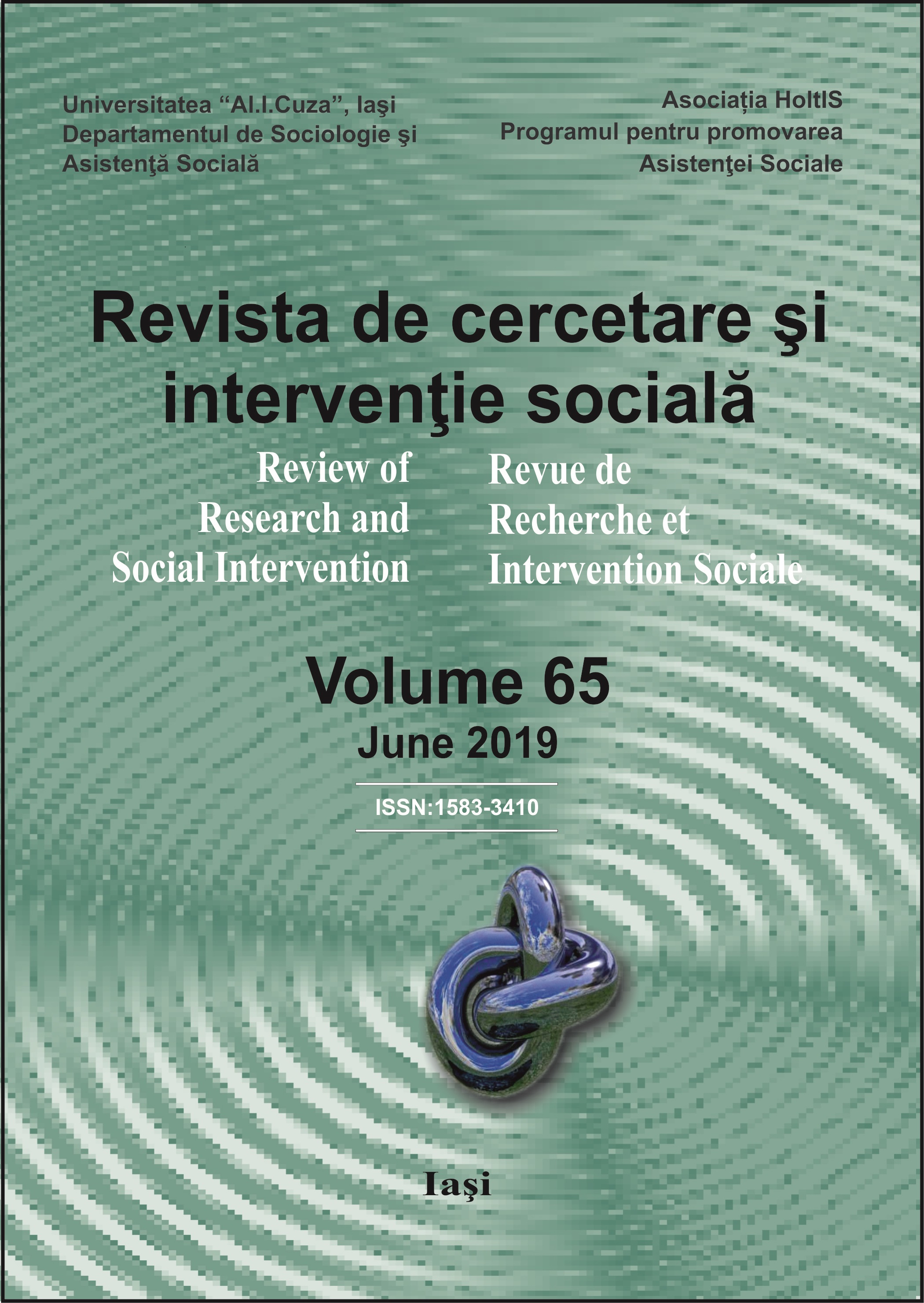
Keywords: discrete event simulation; modeling; management; hospital management; evidence based decision making;
In order to make effective decisions regarding resource allocations in hospitals, managers need to have the ability to evaluate the volume of patients served by the hospitals as well as the based on available resources and examine the efficiency of various processes and procedures in various departments within the hospital. This paper proposes the use of discrete event simulation to provide managers with an evidence-based tool for examining patient flow in the hospital and to help support decisions for optimizing resource allocation in order to improve quality of care and resource utilization. Discrete event simulation can be used to evaluate various operational strategies and examine the execution of various tasks over time. Using simulation models provides a flexible and cost effective method for assessing operational changes prior to the actual implementation of these changes.
More...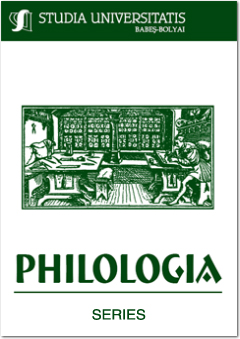
Keywords: participatory democracy; civic technology; États généraux de la bioéthique; Cap Collectif; Semantics of Argumentative Possibilities;
Words that Shape Online Participatory Democracy: the Implicit Representations of Civic Tech Tools. This paper focuses on the online consultations called ‘Estates General of Bioethics’ that took place in France in 2018. It examines the words that configure and structure the consultations’ website. Our aim is to show what impact ready-to-use platforms for democratic consultations have on people’s representation of democracy. We will first discuss the enunciative responsibility shared by the three entities involved in the organisation of the consultations: the government, the CCNE and the start-up firm Cap Collectif. Then, within the framework of the Semantics of Argumentative Possibilities, we will describe the implicit representation of democracy that emerges from the consultations’ website and compare it to the meaning potential of the word ‘democracy’. This will lead us to a series of conclusions, regarding the aspects of democracy that the website favours, the non-coincidence of the words used by the CCNE and by Cap Collectif, and the consequences of the semantic choices of online consultations.
More...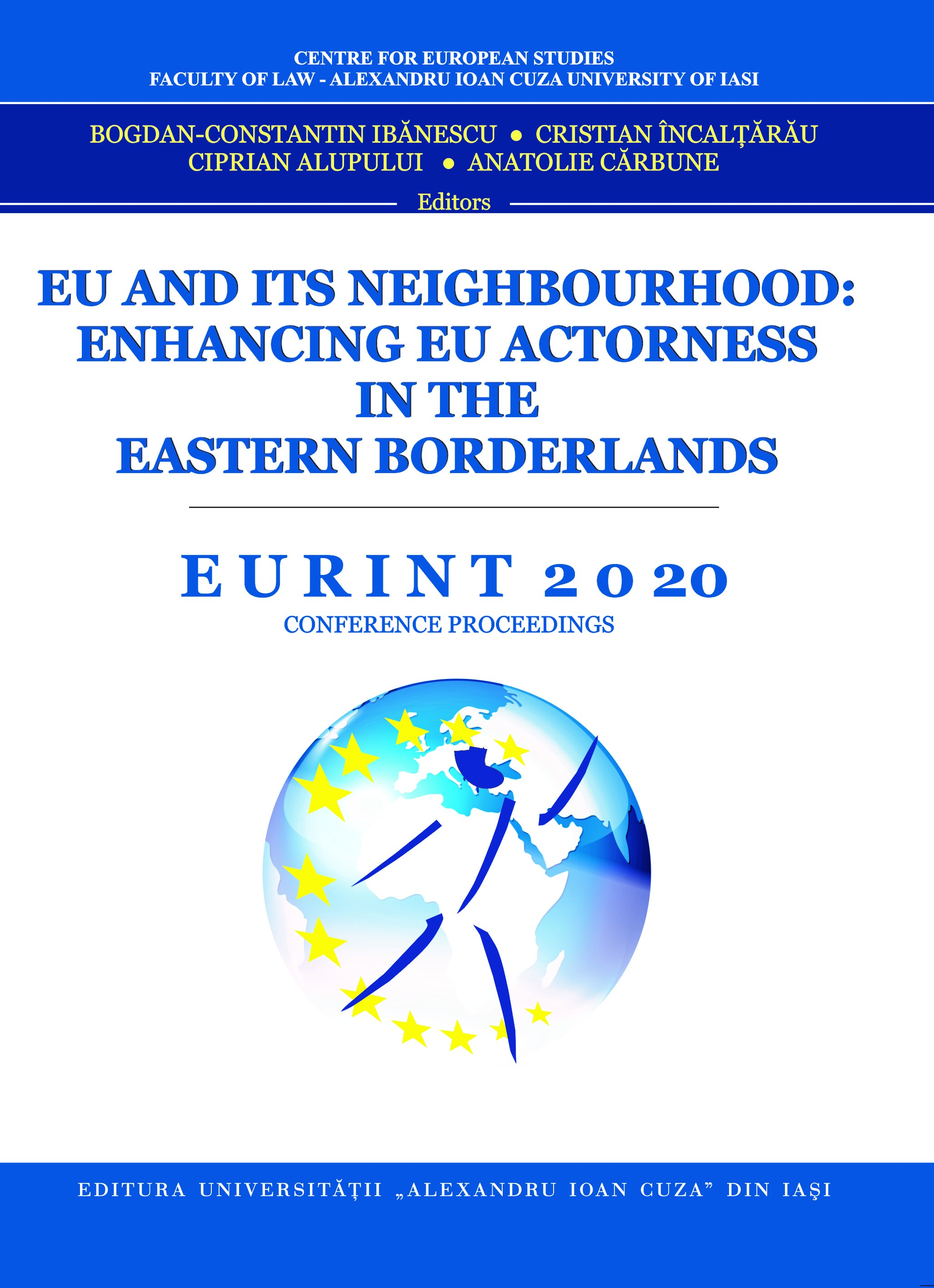
Keywords: GINI index; HDI index; COVID phenomenon;
For the past three decades there has been an increase in the inequality of the income of different countries, as a consequence of unequal progress. Starting from this issue, the objective of this study is an analysis of the tendency to inequality of income and human development, conducted by grouping the EU member countries in former communist countries and countries that did not have a communist regime between 1945 and 1990. The initial hypothesis is that there are significant disparities in the distribution of income between the former communist countries and non-communist countries during the above-mentioned time range, these states currently being members of the European Union. In our scientific endeavour, we used EUROSTAT and UNDP (United Nations Development Programme) databases, with the analysed period being 2009-2018. To process the data, we used the multivariate hierarchy building technique (dendogram), followed by clustering, considering the GINI and HDI values, based on measuring dissimilarity, to identify the existence of one of the two alternatives (dispersion or uniformity) for the distribution of the values of the two indexes. In the last part of the article we analyse the influence of the European geographical space and HDI on the COVID phenomenon, between 31.03.2020-30.08.2020.
More...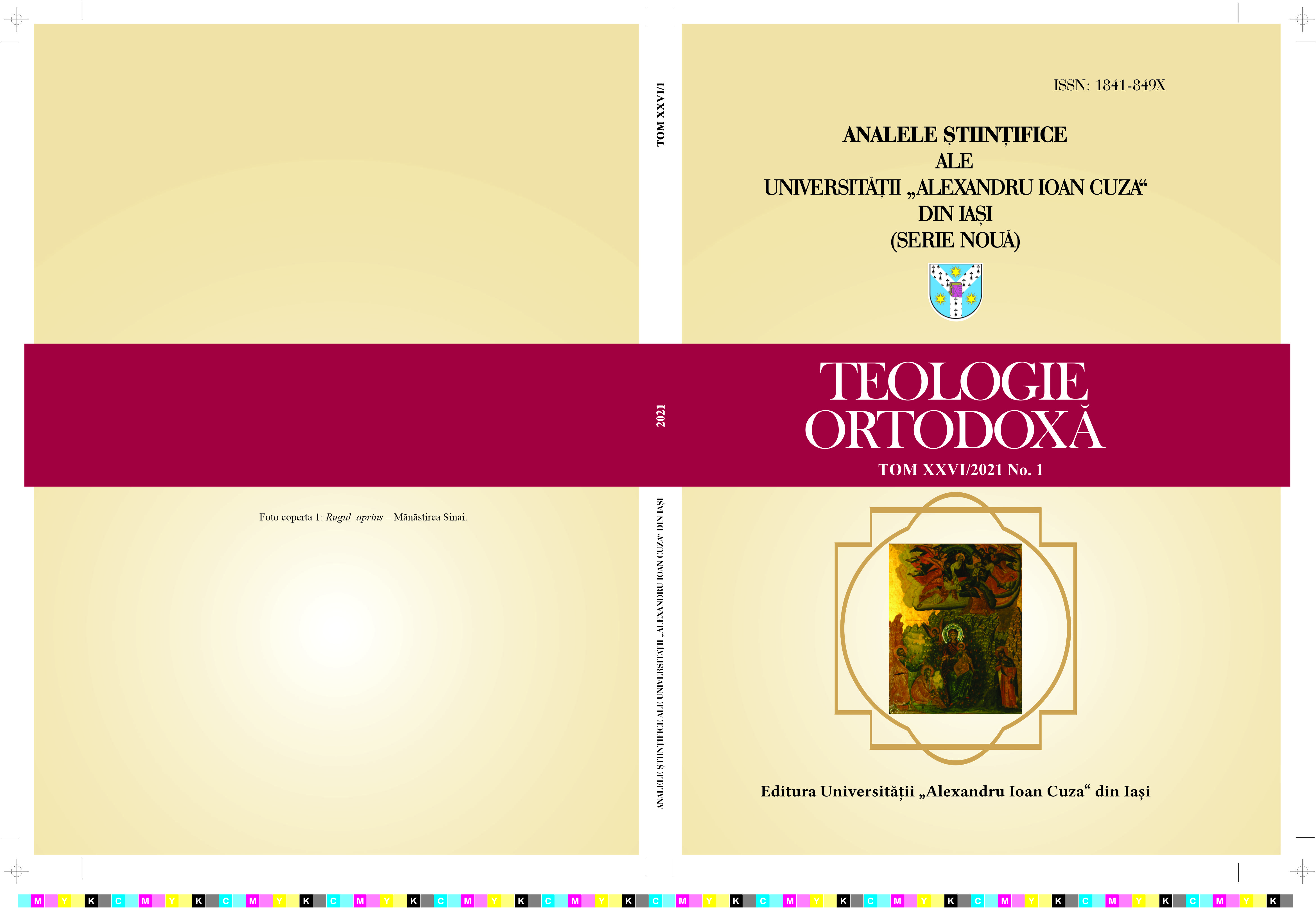
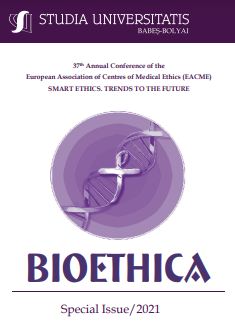
Keywords: conference; presenters index; Romania; 2021; bioethics; medical ethics;
2021 EACME ANNUAL CONFERENCE PRESENTERS INDEX.
More...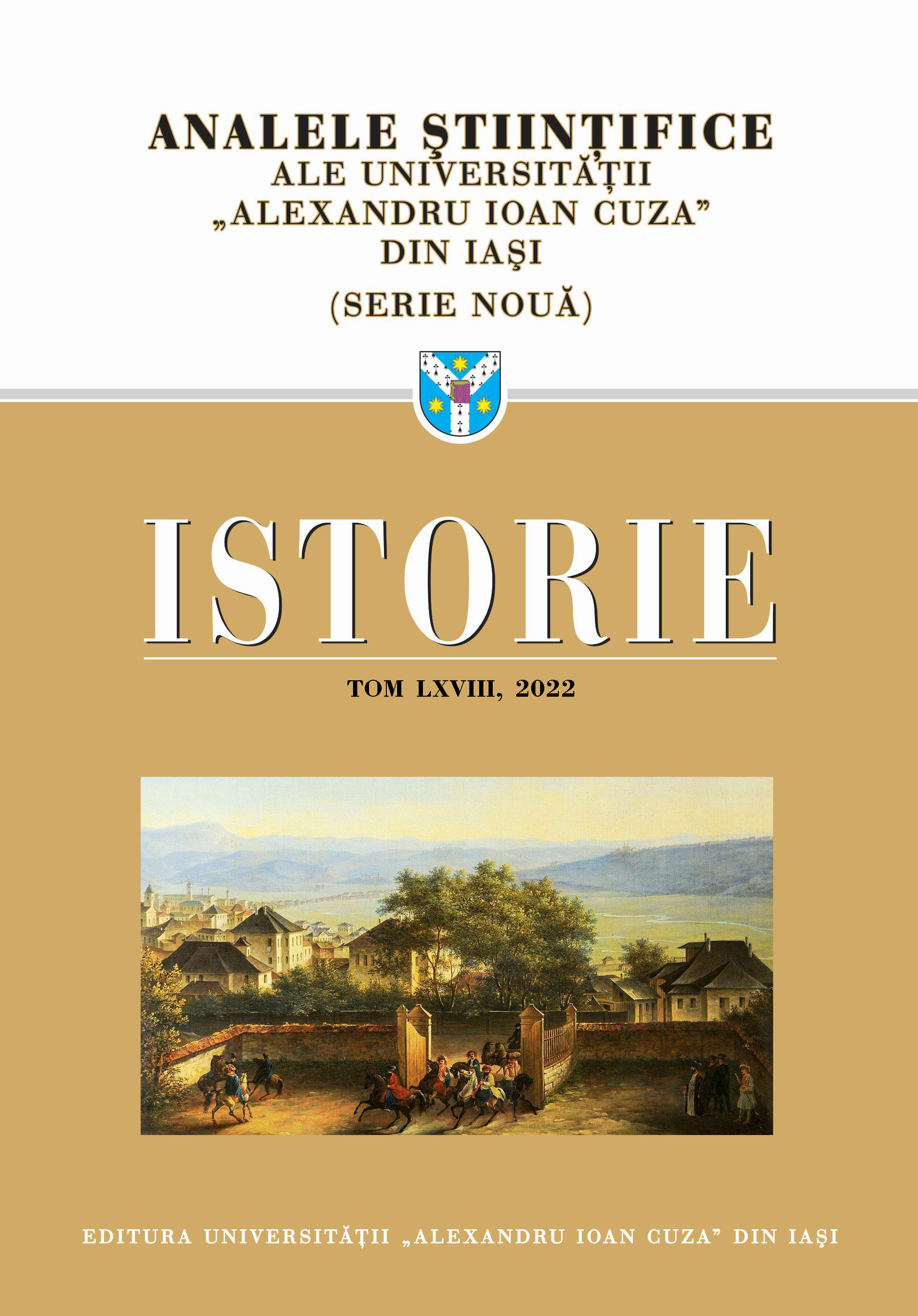
Keywords: urban plans; Wallachia; Buzau; Bishopric; Russian topographers;
In the present study, we continue the analysis of urban plans discovered at the Military-Historical Archive in Moscow, more precisely two plans of the Bishopric of Buzău. In the campaigns of 1771 and 1809-1810, the Russian officers showed interest in the “monastery” where the bishopric was based, because its walls could easily be used for defense in the event of attacks from the Turks. In this text we analyze the two plans, the context of their realization, details and comparison with other sources.
More...